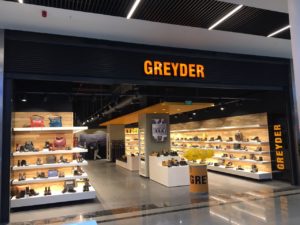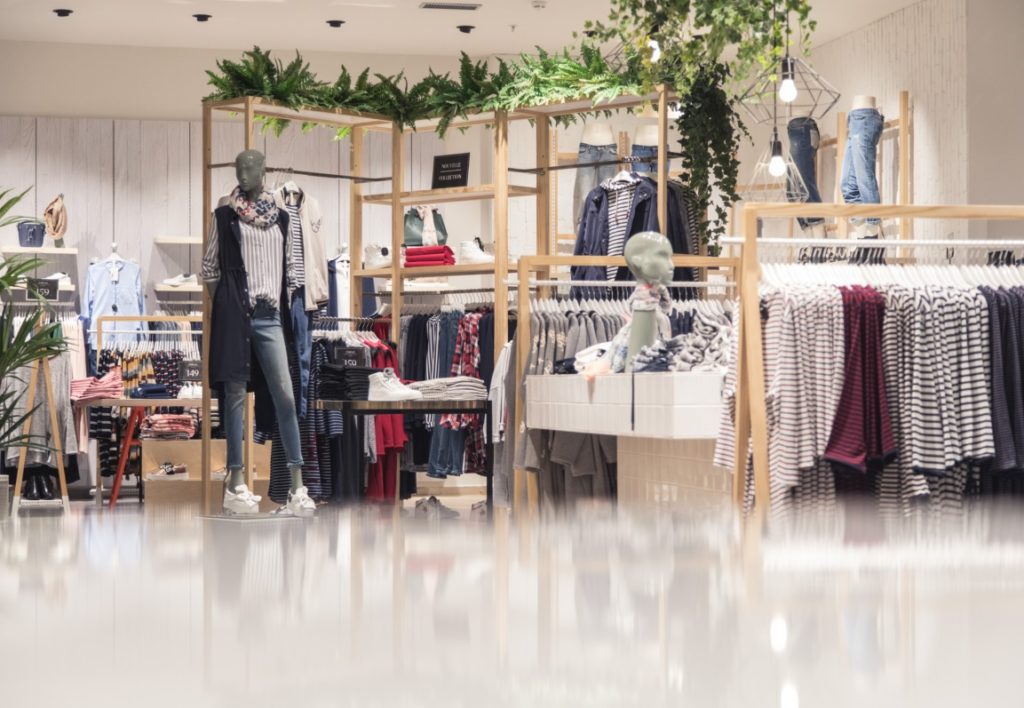The Indian retail market is coming of age. According to the India Brand Equity Foundation, the subcontinent’s retail market is expected to reach $1.2 trillion by 2021. Furthermore, total consumption expenditure is forecast to hit $3.6 trillion by 2020. The Indian market is also witnessing solid momentum across online retail sales on the back of ongoing digitisation, and rising internet and smartphone penetration.
These opportunities have encouraged Walmart to acquire 77% of Flipkart — India’s leading marketplace — with plans to strengthen the latter’s grocery offering. This summer also saw Amazon, in a complex deal, acquire the equivalent of a circa 3.6% stake in Future Retail, owned by Kishore Biyani, one of the largest retailers in India. Elsewhere, Alibaba is planning to invest $250-$300m in Indian online grocer BigBasket and is attempting to strike deals with Indian giants Reliance and Tata.
“The essential first step for any retailer looking to India is to know the country from a macro-economic, political stability, regulatory and business environment perspective and assess the risk and if it’s worth investing.” says Ina Dawer, Research Manager – India, at Euromonitor International.

Ina Dawer, Research Manager India, Euromonitor International
She is joining a panel to discuss ‘How international retailers are disrupting the indian market?’ at MAPIC India, and she adds: “The evaluation of opportunities in the category should clearly outweigh the challenges. This is easier to do in theory.”
She says that her advice to international retailers is to find the right local partner, as the relevance of product offerings and consumer preferences changes from one state to another, making it extremely challenging to know the local market. She says that of the top five retailing markets – the US, Germany, China, Japan and India – India is the only market which has relatively less uncertainly.
“So from a long-term perspective, it makes sense,” she says. “There are fewer organised retailers in the country compared with developed markets, so clearly the competition is less intense. Now, with the Foreign Direct Investment (FDI) norms becoming relatively relaxed and a slowdown in the developed markets, more retailers are likely to enter India. If not now, the competition will become more intense and barriers to entry will only increase.”

© Greyder
Burak Essiz, Head of International Business Development, Greyder, says: “We are available in many countries nowadays including Western and Eastern Europe and the GCC countries, however, we were waiting for the right move to be available in India.”
Burak Essiz says that the appeal is India’s economic potential and reflects: “It could be a mistake to skip this country, which has enough strength economically, but in a retail base, Greyder will bring more to India as a footwear retailer. Now, we believe that we already gained our international experience and our flexible collection has expanded. We could adjust our collection for the country base.”
In terms of franchise agreements, he says Greyder supports local partners in all marketing and advertisement fields. “We physically visit the market and observe the situation with the partner and accept them one of the family members and we move together at every step with how we can get bigger in the country and how we create brand awareness mutually.”
The company is looking for its partners to open stores on prime urban streets and A- or B-class shopping malls.

© Marwa
Similarly, panellist Carlos Morano, Development Director of Moroccan-based fashion and footwear retailer Marwa, says: “India is one of the most attractive places to enter, but not an easy one. Culturally it is very rich, and complex. In my opinion, it’s not only one country, success in the north of the country – for example – does not guarantee success in the whole country. So clearly the plan to enter is to spend some time understanding the market, research trips, meetings, and then set the initial strategy.”
He adds: “From my experience I have learned that one of the most important points to have a good partnership is to find the right ‘momentums’ of the parties, so, once you have the best partner you have 80% of the plan. Then set the strategy accordingly with the situation and timing of the country. It’s important to dedicate a certain time of period to research and understand who is who in the country, which companies manage which brands, what is happening with the international brands already in the country. Attend local fairs, start a round of networking meetings. With your initial strategy idea and after the input from the meetings with local partners, you have to re-adapt and fine tune this initial strategy.”
Ina Dawer from Euromonitor adds: “Companies should look for experts in the geography and category who could fill in the knowledge or skill gaps and it should help both the parties achieve synergy, for the relationship to be successful. For being relevant to the consumers, localisation is a must to crack the experimental but traditional Indian consumer. When IKEA entered India it localised its business model by moving away from DIY, while the company is planning to open satellite stores to expand its reach.”
Finding the right partner in India

Istayak Ansari, Co-Founder and Director at Master Licensee Truefitt & Hill
Q&A with Istayak Ansari, Co-Founder and Director at Master Licensee Truefitt & Hill
Q. How would you advise an international brand planning to enter India?
A. The easiest option is to find a master franchise/licensee for the territory of India. A financially sound and experienced franchise partner will ensure steady growth and the right brand positioning in the local market.
Q. And why now?
A. The country is entering a growth stage in the retail sector which will see exponential growth over the next 20 years. It the right time to look at investing in India in the retail sector.
Q. How does a company source the right local partner and find the best strategy to penetrate the market and be relevant to the consumer?
A. The success of the business depends solely on the choice of the right business partner. The most important factors that we look at while selecting an international partner are: existing business background, investment capability, management bandwidth and relevant experience. Identifying and screening of a local partner is a long and tedious process. The strategy and the process for identifying a prospective local partner or generating enquires will vary for different business. The screening process can be carried out through internal resources and external agencies which offer specialised services.

Mixed use retail and leisure: What happens next? – White Paper
One needs to understand the current and future potential of the market before starting operations. The business will be spread across multiple state and territories. The expansion will require capital and human resources for expansion. The easiest way to expand is to focus on locations which can support multiple owned locations like Mumbai, Delhi and Bangalore. For smaller areas one should look at channel partners like dealers, sub licensees, distributors and franchisees. This will ensure quicker and profitable expansion.
Q. And finally, what location strategy would you propose?
A. Location is the most important factor, the rent second and finding the right, skilled staff the third. The rent across all premium locations in India is extremely high. You will see high churn on high street property and malls with premium rents. The rent varies between 25% to 50% of sales in the first year of operations, creating a strain on cash flows and elongating payback periods. The rent as a percentage of revenue is among the highest in the world.
Typically, Mumbai, Delhi and Bangalore contribute 50% of top-line sales for all major brands in the first five to ten years of operations. However, in the last five years the growth in the retail sector have been fuelled by expansion in Tier 1 and Tier 2 cities.
The international retailers panel session takes place on 25 September during MAPIC India in Dubai. Participants include Lloyds Luxuries Ltd.(Truefitt & Hill), Lemonbar, Marwa, Major Brands and Miniso India, plus Euromonitor International and CBRE.
Discover the international retailers looking to expand there business in India!



